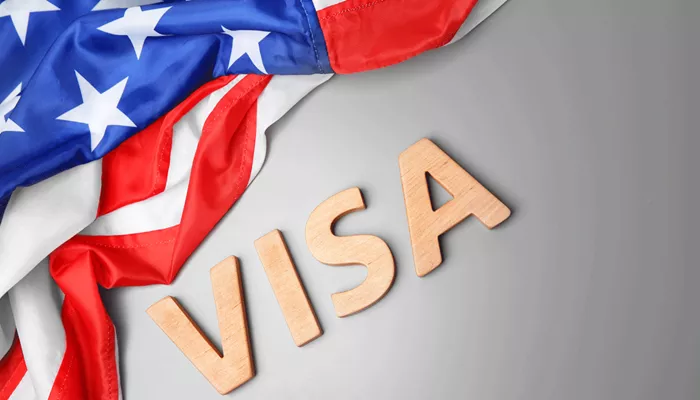The U.S. Citizenship and Immigration Services (USCIS) recently updated its guidelines for the EB-1 visa category, simplifying the process for applicants to prove their “extraordinary ability” in fields such as science, arts, education, business, and sports. The new rules, which take effect immediately, now accept team-based awards as valid evidence and clarify other eligibility criteria.
Experts believe this update is beneficial but may not significantly aid applicants in the EB-2 and EB-3 categories. Vivek Tandon, founder and CEO of EB 5 BRICS, noted that while the changes are positive for Indian applicants seeking alternatives to the EB-2 and EB-3 routes, those in these categories will still need to demonstrate extraordinary ability to qualify for EB-1.
Understanding the EB-1 Visa
The EB-1 visa is an employment-based visa that allows foreign nationals with extraordinary abilities to live and work permanently in the U.S. This visa, also known as the Extraordinary Ability Permanent Residence visa, extends to the applicant’s spouse and children. Many Indian professionals, especially in STEM fields, are now considering the EB-1A subcategory due to long wait times in the EB-2 and EB-3 categories. As of November 2023, around 140,000 Indians are awaiting EB-1 green cards, while over a million are in line for EB-2 and EB-3 cards combined.
Benefits of the New Rules for Indian Professionals
The updated guidelines recognize team-based awards as evidence of extraordinary ability, which is particularly relevant for Indian professionals in collaborative fields. Varun Singh, managing director of XIPHIAS Immigration, pointed out several key areas where Indian professionals can benefit:
1. Recognition of Team Achievements: The new rules allow contributions to team awards—like joint research projects or technological innovations—to be considered for the EB-1 visa.
2. Affected Sectors:
Technology: Engineers involved in award-winning software or AI projects can utilize team recognitions.
Sports: Athletes on internationally recognized teams can leverage their team accolades.
Academia: Researchers contributing to significant scientific discoveries can find it easier to qualify for the EB-1A visa.
This update formally acknowledges the achievements of Indian professionals working in collaborative environments across technology, research, and sports. It allows professionals in multinational companies working on AI or biotech projects and Indian athletes competing internationally to benefit from this flexibility.
Tandon emphasized that Indian professionals can now self-sponsor for the EB-1A green card without needing employer support. He stated that this change makes the visa more accessible to tech workers and business professionals.
Clarifications on Evidence Requirements
USCIS has also clarified what types of evidence are needed to prove extraordinary ability in non-artistic fields like science and business. Tandon advised applicants to carefully document their achievements to improve their chances under the EB-1A route.
Limited Benefits for EB-2 and EB-3 Visa Holders
While these updates are a step forward for many professionals, they may not significantly help those in the EB-2 and EB-3 categories. Although some Indian professionals facing backlogs might transition to the EB-1 category using new team-based recognition rules, they still need to demonstrate extraordinary ability.
Tandon pointed out that unless these applicants have extraordinary achievements that can be leveraged for an EB-1A application, the changes may not make a substantial difference. Although the EB-1 route offers a quicker path to a green card compared to EB-2 or EB-3, it also faces backlogs.
Focus Areas for Indian Professionals
For those considering the EB-1A option, Singh recommends focusing on building a strong case with documented evidence:
Team Contributions: Clearly outline individual roles in team achievements.
Objective Impact: Provide evidence such as patents or research publications.
Document Achievements: Collect letters of recommendation and media coverage.
Filing Fees for the EB-1 Visa
The filing fee for Form I-140 Immigrant Petition for Alien Worker is $700 (approximately Rs 58,779). This fee is typically covered by sponsoring U.S. employers but may need to be paid by self-petitioners under the ‘extraordinary ability’ sub-category (EB-1A).
Related topics:
- Eligibility for the 2026 Diversity Visa: Are You Qualified?
- UK Government Rules Out Scottish Visa Scheme to Attract Migrants
- Singapore Permanent Residents Can Now Travel to Riau Islands Without a Visa


